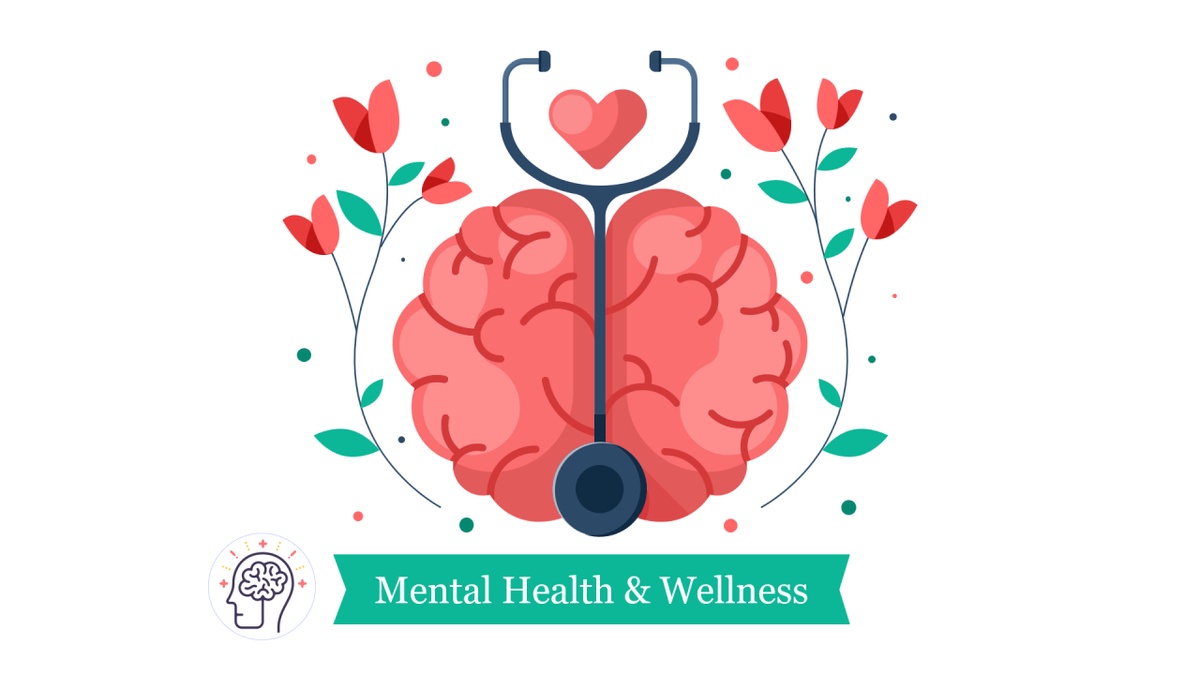Mental health issues like depression and anxiety are increasingly common. In fact, an estimated 21.8% of adults in the U.S. experienced mental illness in 2020. Antidepressant medications can provide relief for many people struggling with these conditions. However, achieving sustainable mental wellness requires balancing medications with lifestyle changes and therapy.
"In this article, we have received guidance from Dr. Andrew Gutwein, a contributor to ArticleThirteen's health, fitness, and nutrition content, generously sharing their valuable expertise."
The Role of Antidepressants in Treating Mental Health Conditions
Antidepressants are commonly prescribed to treat depression, anxiety disorders, OCD, PTSD and other mental health conditions. These medications help correct chemical imbalances in the brain that contribute to symptoms.
How Antidepressants Work
Antidepressants restore balanced levels of neurotransmitters like serotonin, norepinephrine and dopamine. This helps improve communication between brain cells. Most antidepressants fall into these categories:
- SSRIs (selective serotonin reuptake inhibitors)
- SNRIs (serotonin and norepinephrine reuptake inhibitors`
- Tricyclic antidepressants
- MAOIs (monoamine oxidase inhibitors)
- Atypical antidepressants
While these drugs don’t cure mental illness, they can effectively manage symptoms when taken as prescribed. It often takes 2-4 weeks to experience benefits.
Benefits of Antidepressants
Research shows that antidepressants provide the following benefits:
- Improve symptoms of depression and anxiety
- Lessen frequency/intensity of panic attacks
- Reduce repetitive thoughts and behaviors of OCD
- Help prevent relapse of symptoms
- Enable better engagement with talk therapy
Antidepressants provide symptom relief for 60-70% of those who take them. Ongoing treatment is typically needed to sustain results.
Lifestyle Changes and Therapy for Sustainable Mental Wellness
While medication plays an important role, integrating lifestyle changes and therapy is key for balanced and lasting mental health.
Lifestyle Changes That Support Mental Wellness
Certain lifestyle habits can enhance the benefits of antidepressants while reducing side effects:
Stress Management
Unmanaged stress exacerbates symptoms. Creating daily stress relief habits like yoga, meditation and journaling complements medical treatment.
Regular Exercise
Exercise boosts feel-good endorphins and neurotransmitters for better mood and cognitive function. Aim for 30-60 minutes per day.
Quality Sleep
Getting 7-9 hours of quality sleep allows the brain to process emotions properly. Maintain an evening routine that promotes sufficient shut-eye.
Healthy Eating
A nutritious, whole food diet provides energy while minimizing inflammatory foods that disrupt brain chemistry. Stay hydrated and limit alcohol.
Making sustainable lifestyle changes reduces reliance on medication over time.
The Role of Talk Therapy
Psychotherapy is crucial for identifying and adjusting thought patterns contributing to mental health struggles. Cognitive behavioral therapy is most common and can be done online or in-person.
Seeing a therapist provides tools to implement changes for managing symptoms, coping strategies for challenges and support. For best results, participate in therapy while taking antidepressants.
Signs It’s Time to Adjust Treatment
Give medication 6-8 weeks to work before assessing if changes are needed. Signs it’s time to talk to your doctor include:
- Ongoing depression/anxiety symptoms
- Worsening mood/thoughts of self-harm
- Troublesome side effects
- Using alcohol/other substances to cope
- Difficulty performing daily responsibilities
Dosage adjustments, trying different medications or adding complementary treatments can get mental health back on track.
Sustaining Progress By Balancing All Facets of Wellness
Recovering from mental health conditions like depression and anxiety requires consistency in taking medications, applying lifestyle skills and using therapy techniques. Wellness is sustained when these elements are balanced over the long-term.
It’s essential to keep taking antidepressant medication even after symptoms improve to reduce the risk of relapse. Stay vigilant about healthy lifestyle habits and therapist visits as well. Recognize that setbacks happen and get back on track promptly.
The key is integrating all wellness pillars – medication, lifestyle changes and talk therapy – to enable optimal mental health with antidepressant treatment. Sustainable progress requires diligence, patience and being responsive when adjustments are needed.


No comments yet